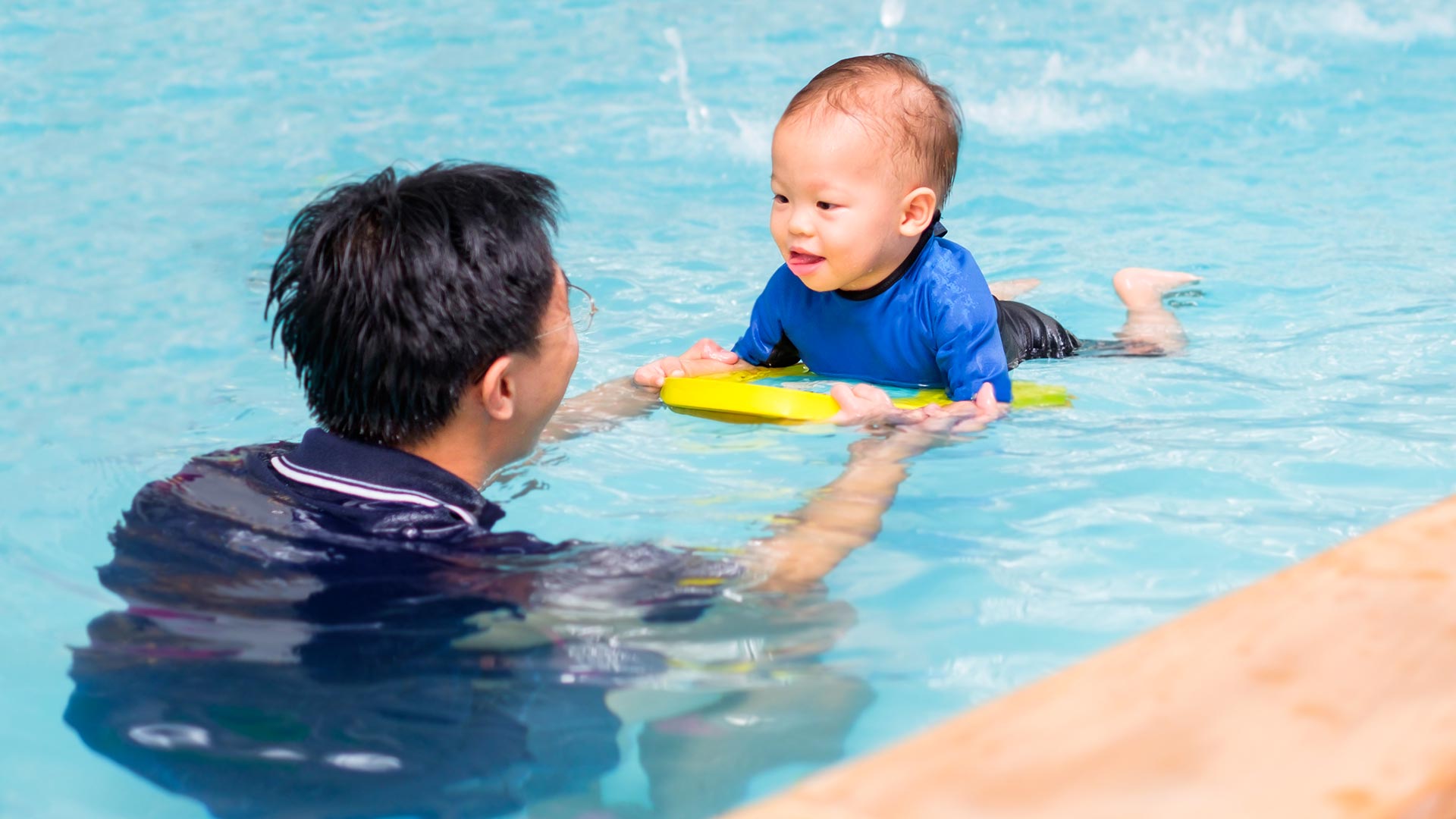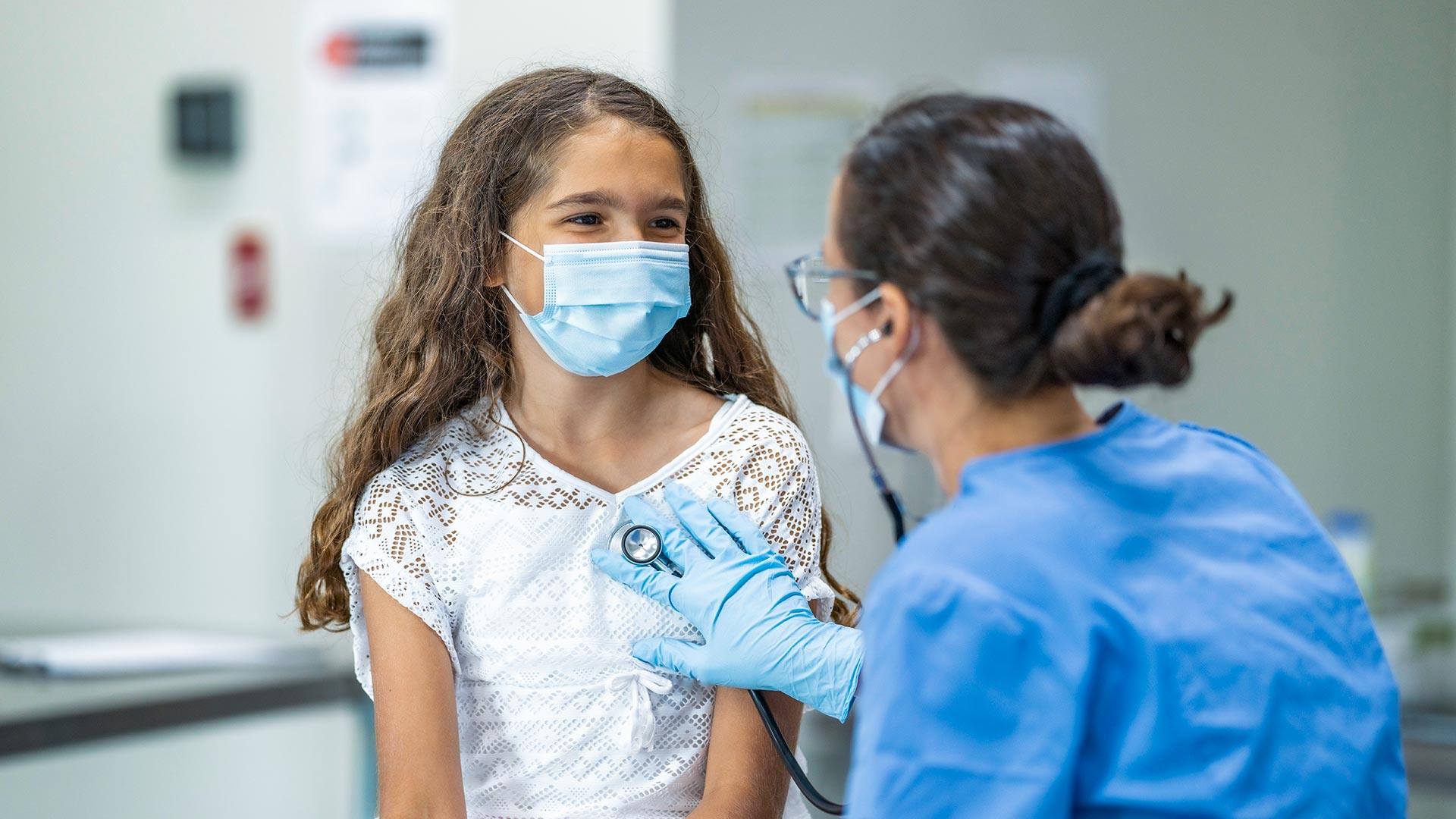With the start of hurricane season, now is the time to make your hurricane plans. Long before the first watch or warning is issued is the best time to prepare for the season, which continues through November. By preparing now, you are better able to protect yourself and your family from a hurricane and its aftermath.
Putting a Plan Together
Do you have an overall plan for what to do if a hurricane hits your area? Some questions to answer include:
-
If you evacuate, where will you go?
-
Do you have reliable transportation to get you there?
-
Do you know the evacuation routes?
-
How will you and family communicate/meet if there is a power outage? (Hint: Don’t announce on social media that your home will be vacant.)
-
If you stay at home, how will you ensure you will be safe?
-
Do you have the tools and equipment needed to make those preparations?
-
Are you able to board up windows, trim trees or do other activities to stay secure if you have to outlast the storm? If not, is there someone to help?
-
Have you signed up for weather alerts that go straight to your phone from a local news outlet or FEMA (Federal Emergency Management Agency)?
Think about previous hurricane seasons. Have you encountered any stumbling blocks that you need to address before another storm hits?
-
Some homeowners learned their hurricane insurance didn’t cover flood damage. Do you have the protection you need? If not, now is the time to talk with your insurance provider. Find out about FEMA’s National Flood Insurance Program, and determine if it can help.
-
Does your roof need repair? Fixing it now can reduce significant damage to your home later.
-
If you had flooding in your home, yard or street before, what steps need to be taken to avoid that this time around?
-
Do you know who you would call, and can count on, to assist with fixing things on your home after the storm?
If you have special needs, such as assistance with mobility or driving, or are dependent on electrical power, perhaps for oxygen, have a backup plan in case your usual support is not available, can’t reach you or the electricity goes out. You can register with the Florida Special Needs Registry to receive assistance from first responders during a disaster.
If you or someone in your family requires special medicine or food, always be sure to keep a supply on hand in case refills are scarce or delayed in anticipation of a storm.
Once a Hurricane Watch Is Issued
Although you’ve made a general hurricane action plan, now that a hurricane is coming, it’s time to detail your plan for this specific event. Will you leave? If so, when, and using what means of transportation? If you’re going to a hotel, do you have guaranteed reservations? Be sure to take identification and the credit card the reservations were made with.
If you stay at home, make sure you have enough non-perishable food, water, supplies and first aid — not just for during the hurricane, but for several days after. Keep in mind that power might go out and may not be restored immediately, so it is important to have enough supplies. For recommendations on what supplies you should have, check the American Red Cross website for a useful list, including medications, baby supplies, insect repellant, extra cash, cell phone chargers and important personal documents.
Be sure your car’s gas tank is full. Know that hospitals are not shelters and may go on lockdown during the storm to ensure the safety of its patients and staff during a storm. Make a list of area shelters and directions to them in case your phone or GPS is unavailable.
Keep track of the approaching hurricane through the National Hurricane Center and your local media, and listen to your local county emergency management, law enforcement, and fire and rescue officials for instructions on evacuating, avoiding road closures, obeying curfews and further actions.
After the Hurricane Has Passed
Even when the storm is over, the damage may not be. Flooding, loose debris, downed electrical wires, and loose trees and tree limbs can still spell danger, so be keenly aware of your surroundings as you begin cleanup. Use extra care when climbing on ladders or using chainsaws. Particularly if you have any health concern, be extra vigilant to avoid injuries since medical assistance may not be available at the usual speed.
Smell gas or fumes? You may be in a hazardous situation, so seek shelter in a safe place away from the fumes.
If you use a generator for power or a grill for cooking, be sure to keep that equipment outside — not in the house and not in the garage. Exhaust from a generator or grill can be poisonous when it builds up. The danger isn’t just from exhaust; generators and grills used indoors can become a fire hazard. Also, be careful not to burn yourself as this can increase your risk of infections.
Be mindful of the quality of water and food that you ingest following the storm. These items must be in good date range and sanitary/ready for use.
While the list of preparing for a hurricane is long, the best time to take care of these items is before a hurricane is in the forecast. While we can’t control nature, we can prepare well in advance so we can be safe, no matter what the weather.
Important Hurricane Resources
Florida Special Needs Registry
FEMA’s National Flood Insurance Program
Choose to Stay in Touch
Sign up to receive the latest health news and trends, wellness & prevention tips, and much more from Orlando Health.
Sign Up for HealthBeat










